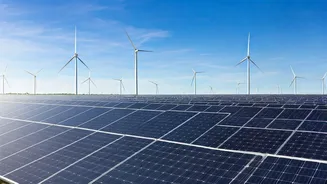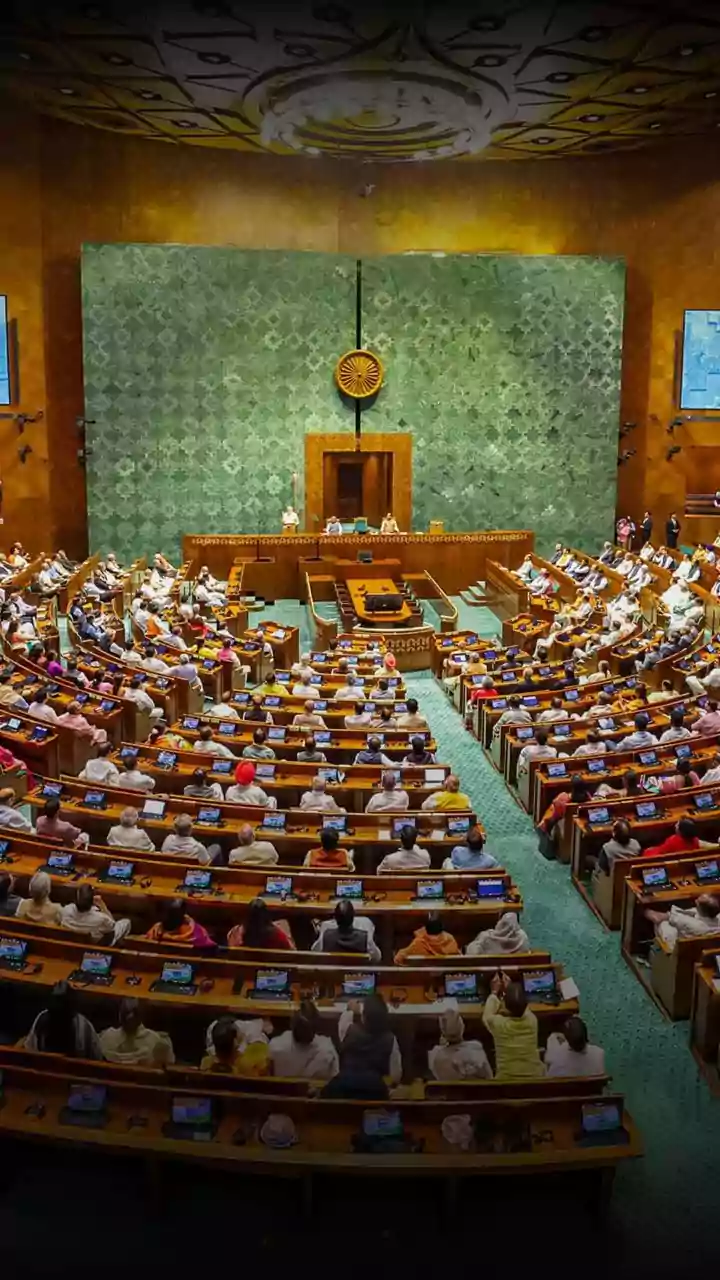Energy Demand Surge
India is experiencing a significant rise in its energy requirements, a direct consequence of its rapid economic expansion and population growth. This expanding
demand presents a dual challenge: to ensure a reliable energy supply that can sustain this growth, while simultaneously mitigating the environmental impact. The country's power consumption has been consistently increasing, indicating a pressing need for a comprehensive and sustainable energy strategy. Meeting this escalating demand is crucial for India's continued development, impacting various sectors from industry to everyday life. Simultaneously, the country must address the need for cleaner energy sources to minimize carbon emissions. This necessitates a strategic shift toward renewable energy, energy efficiency improvements, and other sustainable practices to balance development with environmental responsibility. The balancing act between meeting energy needs and mitigating climate change is a key focus for India's future.
Renewable Energy Transition
A pivotal element of India's energy transition is the increased reliance on renewable sources. Solar and wind power are at the forefront of this shift, offering significant potential to reduce dependence on fossil fuels and lower carbon emissions. The government has implemented ambitious targets and policies to boost renewable energy capacity, including financial incentives and streamlined approval processes. Investments in solar projects, both large-scale and rooftop installations, are growing, creating jobs and attracting foreign investment. The expansion of wind farms, particularly in states with favorable wind resources, also contributes significantly to the renewable energy mix. However, integrating these intermittent sources into the existing grid presents challenges. This involves upgrading transmission infrastructure, developing energy storage solutions, and implementing smart grid technologies to ensure grid stability and reliability. The transition to renewables demands continuous innovation, supportive policies, and robust infrastructure development to achieve the envisioned energy goals.
Technological Innovations
Technological advancements play a crucial role in enabling India's sustainable energy future. Innovations in energy storage technologies, such as advanced batteries and pumped hydro storage, are critical for addressing the variability of renewable energy sources. These solutions help in storing excess energy generated during peak production hours and releasing it when needed, ensuring a consistent power supply. Furthermore, advancements in smart grid technologies, including smart meters and data analytics, enhance the efficiency and reliability of the electricity distribution network. These smart grids enable real-time monitoring and control, allowing for improved energy management and reduced losses. Research and development in areas such as green hydrogen production and carbon capture technologies offer additional avenues for reducing carbon emissions from the energy sector. These innovations support India’s commitment to a low-carbon energy system, promoting a shift toward cleaner energy and minimizing reliance on fossil fuels.
Policy and Regulatory Framework
Effective policies and regulations are essential for driving India's energy transition. The government has introduced various policies and initiatives to support the adoption of renewable energy, including the National Solar Mission and the Green Energy Corridor Project. These programs provide financial incentives, such as subsidies and tax benefits, to attract investments in renewable energy projects. Regulatory frameworks also play a vital role, establishing standards and guidelines for grid integration, energy efficiency, and environmental protection. Streamlining the approval processes for renewable energy projects and providing a conducive environment for private sector participation are essential. Moreover, policies promoting energy efficiency and conservation, like the Energy Conservation Act, help reduce energy demand and minimize carbon emissions. A consistent and supportive policy framework is essential for achieving India's energy goals, ensuring the success of its sustainable energy transition.
Challenges and Opportunities
The path toward a sustainable energy future in India is not without its challenges. These include securing the necessary financing for renewable energy projects, managing the variability of renewable sources, and integrating new technologies into the existing infrastructure. Land acquisition issues, grid connectivity challenges, and the need for skilled labor also pose significant hurdles. However, these challenges also create opportunities for innovation, investment, and job creation. India can leverage its vast renewable energy resources, attract foreign investment, and develop its own technological capabilities. Furthermore, the country can tap into the global market for green technologies and become a leader in the energy transition. Addressing the challenges requires a collaborative approach involving the government, private sector, and civil society, ensuring a sustainable and prosperous energy future.
Sustainable Energy Goals
India has set ambitious targets to achieve a sustainable energy future. These goals include increasing the share of renewable energy in the electricity mix, reducing carbon emissions, and improving energy efficiency. The country has committed to achieving 500 GW of renewable energy capacity by 2030 and reducing the emissions intensity of its GDP. These goals underscore India’s commitment to combating climate change and transitioning to a low-carbon economy. The implementation of these goals requires sustained effort, including policy support, technology development, and investment in infrastructure. Continuous monitoring and evaluation are essential to track progress and make adjustments as needed. India's commitment to these targets reflects its determination to secure a sustainable energy future and contribute to global climate efforts.






















